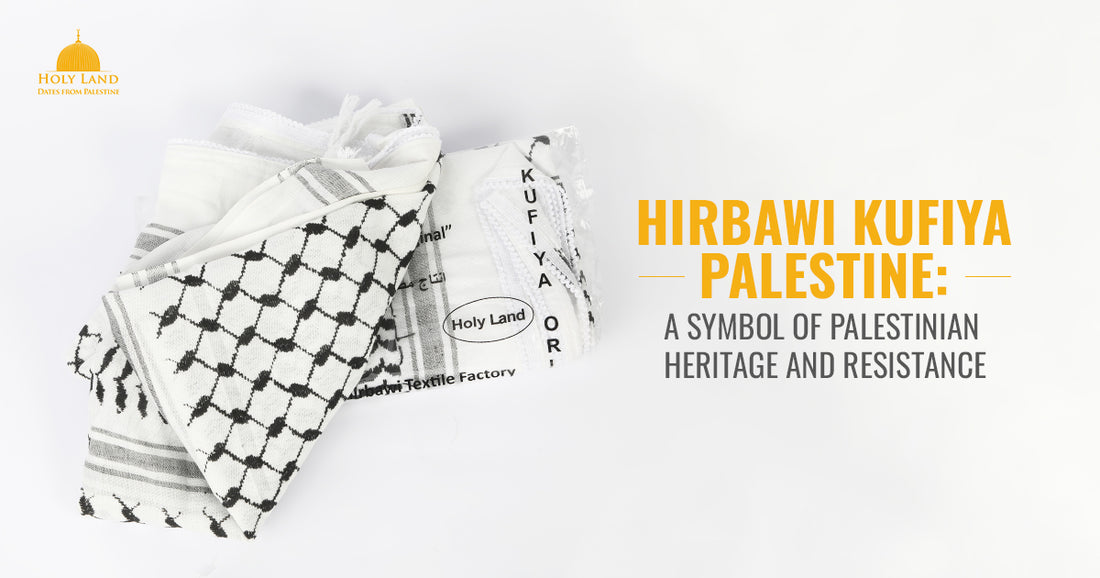
Hirbawi Kufiya: Palestinian Heritage and Resistance
Share
The Hirbawi Kufiya, also known as the Palestinian keffiyeh, is a traditional scarf that has become an iconic symbol of Palestinian culture and resistance. The Hirbawi family has been weaving these scarves in the city of Hebron since 1961, and their workshop is one of the last remaining keffiyeh factories in Palestine.
History of the Hirbawi Kufiya
The kufiya has a rich history in the Arab world, dating back centuries. It was originally worn by Bedouin tribesmen as protection from the sun and dust, and later became a symbol of Palestinian nationalism and solidarity.
Explore the Comprehensive guide on Hirbawi Kufiya here

During the Arab Revolt in 1936, Palestinian leader Izz ad-Din al-Qassam wore a kufiya as a symbol of resistance against British colonial rule. The scarf became a symbol of Palestinian identity and resistance, particularly after the establishment of the State of Israel in 1948 and the displacement of hundreds of thousands of Palestinians from their homes.
In the 1960s and 70s, the kufiya became a popular symbol of solidarity with the Palestinian cause among leftist and anti-colonial activists around the world. It was worn by figures such as Che Guevara and Yasser Arafat, and became a ubiquitous symbol of resistance and struggle.
Today, the kufiya remains a potent symbol of Palestinian identity and resistance, worn by activists, artists, and everyday people around the world.
The Kufiya as a Political Statement
The kufiya has long been associated with political resistance and solidarity, and has been worn by figures such as Yasser Arafat, Edward Said, and Bella Hadid.

For Palestinians, the kufiya is a symbol of national identity and resistance against occupation. It is often worn at protests and rallies, and has become a visual shorthand for the Palestinian struggle for self-determination.
However, the kufiya has also been appropriated by non-Arab celebrities and fashion brands as a trendy accessory, divorced from its political context. This has led to accusations of cultural appropriation and trivialization of the Palestinian struggle.
The Hirbawi family sees the kufiya as a symbol of Palestinian heritage and resistance, and is committed to preserving the traditional craft of keffiyeh production. They believe that wearing a kufiya is not just a fashion statement, but a political act that shows solidarity with the Palestinian people and their struggle for justice and freedom.
The Future of the Kufiya
The Hirbawi Kufiya workshop faces many challenges in the current political and economic climate. However, the family and their supporters remain committed to keeping the tradition of keffiyeh production alive, and have launched initiatives to promote their products and raise awareness about the importance of supporting Palestinian-owned businesses.

Get this featured black and white Hirbwai Kufiya here
One such initiative is the "Buy Palestinian, Support Palestine" campaign, which encourages people to purchase goods produced in Palestine in order to support the local economy.
Check out our Palestinian Clothing line and support the struggle of Palestinians
The campaign has gained traction around the world, with activists and supporters using social media to share photos of themselves wearing the Hirbawi kufiya and other Palestinian-made products.
Buy Hirbawi Kufiya: https://tinyurl.com/5e4d57es
